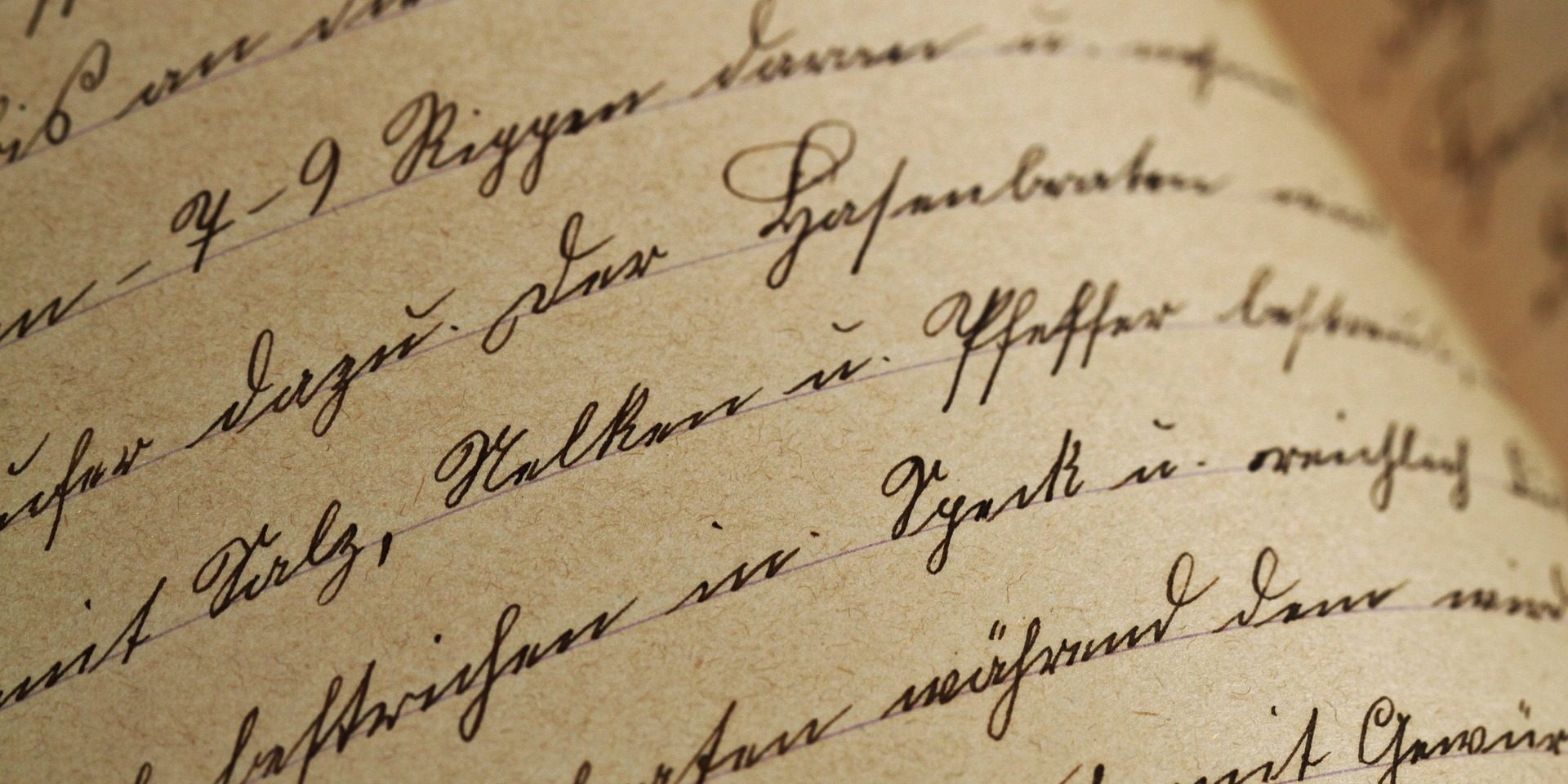Introduction
Are you familiar with the role of a handwriting expert in court? Handwriting analysis can be a crucial tool in determining the authenticity of documents and signatures. It can even help identify criminals. This blog post will delve into forensic handwriting examination and what you should know about it when preparing for your day in court. Join us as we explore this fascinating topic that plays an essential role in our judicial system!
What is a handwriting expert?
A handwriting expert is a professional who specializes in analyzing handwriting. They can testify to the authenticity of documents and signatures and even help identify criminals.
How do they do it?
Handwriting experts use a variety of techniques to analyze handwriting. These include: examining the penmanship, formation of letters, spacing between words, and legibility. They may also use computerized analysis to compare different samples of writing.
Why is handwriting analysis critical?
Handwriting analysis can be a vital tool in determining the authenticity of documents and signatures. It can also help identify criminals. For example, if you are trying to prove that a document was written by someone else, an expert could determine whether the handwriting is consistent with the person who wrote the document. This information can be precious in court proceedings.

What should I know about courtroom testimony?
When preparing to give courtroom testimony, one must be aware of some critical things to remember. First and foremost, always be truthful when answering questions. You may also want to review your legal rights before testifying. For example, you may have the right to remain silent or present evidence on your behalf. Finally, be prepared to answer any questions the opposing party may pose.
By understanding how handwriting analysis works and what to expect during a courtroom testimony, you will be well-prepared to perform well. Let us know if you have any questions or want more information on this topic!
The Importance of Handwriting Expert Opinions in Court
Handwriting is often considered an essential part of a person's identity. Regarding legal proceedings, this factor can play a significant role in determining who is responsible for a particular act. It is essential to consult with an expert to ensure that handwriting evidence is accurately assessed and considered during court proceedings.
Many factors can influence the accuracy of handwriting analysis, including:
1. The individual's writing style
2. The individual's age and development
3. The individual's education and experience
4. The individual's hand size and shape
5. The individual's writing habits
Guidelines for Deposing Handwriting Experts
To depose a handwriting expert, it is essential to understand their role and what information you need to provide to prove their testimony. For example, suppose the plaintiff intends to use the handwriting expert’s opinion that the defendant wrote an unsigned document. In that case, the plaintiff must first establish that the defendant signed the document. Once this is established, the plaintiff can ask the handwriting expert to opine whether they believe the signature on the document was written by the defendant.
Remembering that a handwriting expert cannot testify to anything other than how a particular individual wrote or signed a specific document is essential. Therefore, if you intend to use a handwriting expert’s opinion as evidence of guilt or innocence, properly introduce their testimony and substantiate it with appropriate evidence.
The Advantages of Handwriting Expert
Finally, knowing that a handwriting expert’s testimony can be contested and may ultimately be irrelevant to your case is essential. Accordingly, it is always essential to consult with an attorney before seeking their assistance in preparing or presenting your case.
Handwriting experts are often called upon in court to testify on the validity and reliability of handwriting samples. There are several reasons why handwriting analysis can be valuable evidence in court.
First, handwritten documents are typically more reliable than electronic files. Electronic records can be altered or modified after they have been created, making it difficult to trust their authenticity. In contrast, handwritten documents are typically the product of an individual’s unaltered thoughts and feelings when written.
Second, handwriting can reveal much about an individual’s personality and character. For example, a highly organized person may often write with tight letter spacing, while a less disciplined person may write with more spaces between words. This information can provide insight into a person’s personality and credibility.
Lastly, handwriting can provide valuable clues about the circumstances surrounding a document’s creation. For example, if a document was written in haste or under duress, the handwriting may reflect this.

Conclusion
If you are in court and have to present evidence, you will want an expert to testify. A handwriting expert can provide critical testimony to help prove or disprove a defendant’s guilt. However, before hiring an expert, you first need to understand what they do and the responsibilities that come with their role. This article discusses the basics of handwriting analysis and outlines some things you should consider when selecting one. Armed with this knowledge, you will be better prepared to select the right handwriting expert for your case and ensure their testimony is as effective as possible.




Comments